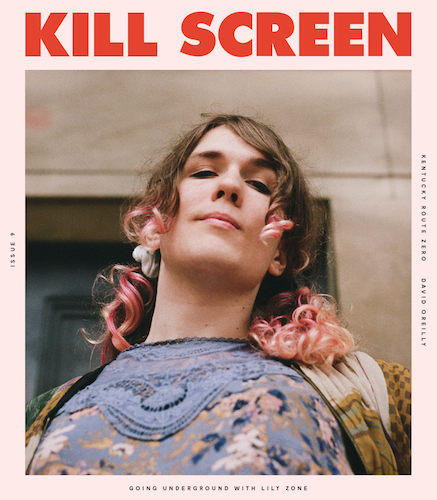
Last weekend at the Call of Duty World Championships, Team EnVy defeated Splyce and took home both $800,000 and the right to call themselves the best CoD team in the world. OpTic Gaming, the favorite going into the tournament, was pushed out by a surprisingly strong showing by the European teams, as was Cloud 9. These two North American giants, which had both expected to land in the top four if not the grand finals, ended up playing a loser’s bracket against each other. Tensions, as you might expect, were high.
You could put it down to the team’s popularity or a quirk of crowd placement, but there seemed to be a good bit more OpTic fans in the stands for those matches. Whenever OpTic would win a map, the stands would explode with cheers. Conversely, any Cloud 9 victories were met with boos and hisses. Going against the home team is never easy on a challenger, and the back-and-forth nature of the match only ratcheted the tension higher. Trash talk began between Cloud 9’s Andres “Lacefield” Lacefield and OpTic’s Seth “Scump” Abner almost immediately. When Cloud 9 finally took the last map, winning the match, Lacefield stood up in his seat and screamed across the stage at the rival team. Then, turning to the furiously booing crowd, he (allegedly) said “Fuck you.”
And that’s when the racial slurs came out.
And that’s when the racial slurs came out, being “thrown at him all over the place,” according to ESPN’s Jacob Wolf. The abuse continued days later in Lacefield’s Twitter mentions, even as he apologized for getting carried away during the match.
Trash talking holds an odd place of honor in the arena of competitive gaming, particularly in Call of Duty. It is, if not exactly welcomed, certainly expected. Most players take to heart the brand’s jockish, hyper-aggressive reputation. Even when a line is occasionally crossed, such as when Team Impact said that they’d wipe their ass with the salaries of other teams in 2013, there tends to be few lasting consequences. Impact, for example, was subsequently dropped from their major sponsorship after the comments, but many of the responsible parties have since been picked up by other teams. Once again, they have salaries with which they would never consider wiping their asses.
But aside from the claims that trash talking is inevitable, there’s an argument to be made that it actually heightens the entertainment value of sports, drawing audiences and benefiting the game overall. Ronda Rousey argued in 2012 that the rise of Women’s MMA is largely thanks to the confrontations she provoked again and again with her rivals.

Like competitive gaming, trash talking is seen as essentially inseparable from most fighting sports. This has always made sense, at least to me: you sort of expect two people on the verge of beating the shit out of each other to vent a bit. Many of the greats were notoriously verbal with their opponents: Muhammad Ali, for example, would compose rhymes about how he was planning to thrash his adversaries. Talking trash can create drama. It can build narrative. And, most notably on display at the CoD World Championship, it can create tension.
Boxing is no exception to combat sports’ trend towards strong language, but the World Middleweight Championship bout between Alan Minter and Martin Hagler was, as far as trash talk is concerned, relatively mild. The standout line was a racist remark from the champion Minter, later claimed to be taken out of context: that he had fought hard to get where he was, and that he was not going to let his title “be taken from him by a black man.” Hagler told him he would pay for the comment, and pay he did. After only three rounds, the referee stopped the fight; Minter was losing too much blood to continue. Hagler had no time to celebrate, though: before he could be given the belt, fans began lobbing beer cans and bottles into the ring.
The match had taken place on British soil, with a local, white champion. He had played the national anthem while entering the ring. For weeks, the press around the fight had carried an uncomfortably racial tension, and now, with the Brit bleeding on the mat, that erupted into violent chaos. The Minter-Hagler fight took place in 1980, seven decades after the “Fight of the Century” caused race riots across the country, killing twenty and injuring countless more.
Talking trash can create drama. It can build narrative.
Was there some part of OpTic’s audience that did not want the team of all-white players to lose to a person of color? Esports are already taking tentative steps towards welcoming and encouraging more diverse voices—there’s no telling how long Call of Duty will remain the province of predominantly white and male players. Who knows what evil lurks in the heart of CoD fans?
One thing is certain: that outpouring of hate was no more Lacefield’s fault than the skull-bound bottles and cans were Hagler’s. Lacefield’s actions were in keeping with the same frat-boy savagery that characterizes the majority of competitive Call of Duty, and if he were a white man, he would have likely received the garden-variety insults reserved for the heels of combat sports. Instead, as a person of color, he was buffeted by a primitive eruption of slurs from a frustrated audience that wanted one thing: to harm him at any cost.










